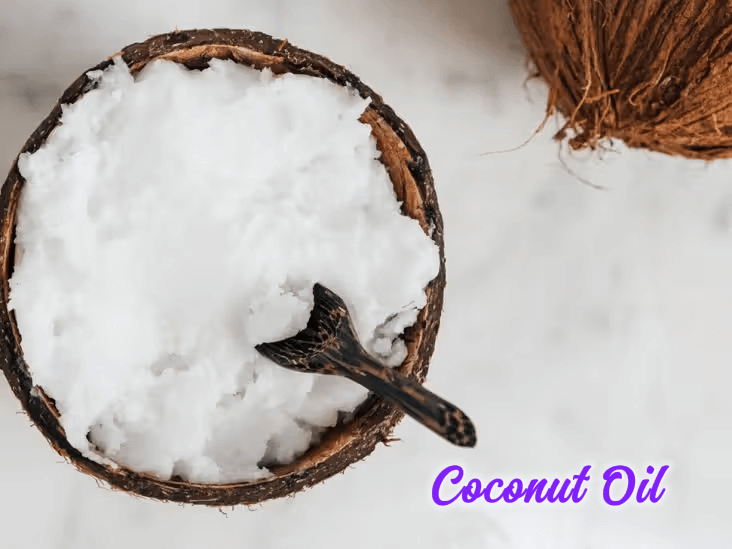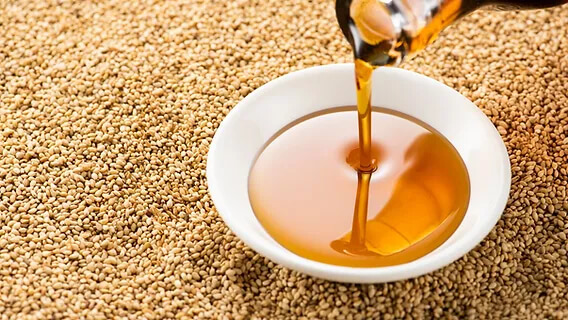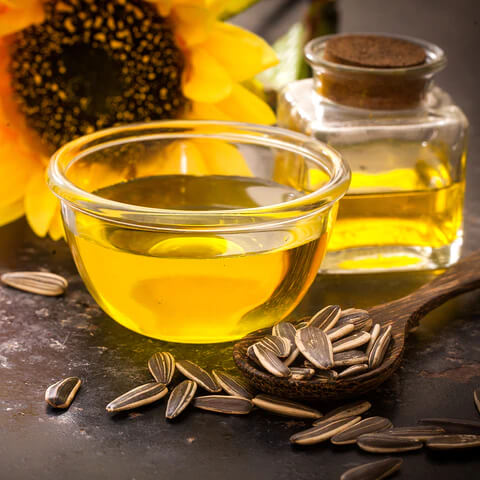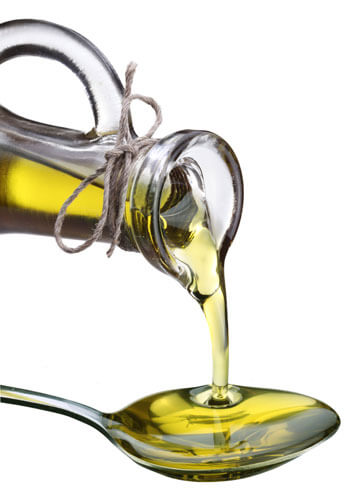Oil pulling is an ancient Ayurvedic practice that has gained modern attention for its numerous health benefits. This simple technique involves swishing oil in your mouth for about 10-20 minutes to cleanse and detoxify your oral cavity, while also supporting your overall health. In Ayurveda, the mouth is considered the gateway to health, and regular oil pulling helps balance the doshas (biological energies) and maintain oral hygiene. But what makes oil pulling truly special is its versatility, especially during Vata season. Let’s explore why oil pulling is so important, the types of oils you can use, and why it’s particularly beneficial when Vata dosha is dominant.

What is Oil Pulling?
Oil pulling involves taking a tablespoon of oil and swishing it in your mouth before spitting it out. This process helps remove toxins (called "ama" in Ayurveda), and strengthens teeth and gums, while also freshening breath and reducing plaque.
Benefits of Oil Pulling:
1. Improves Oral Health: Oil pulling removes harmful bacteria and toxins from the mouth, reducing plaque, preventing tooth decay, and combating gum disease.
2. Whitens Teeth: Over time, regular oil pulling can lead to brighter, whiter teeth by gently removing stains.
3. Detoxifies the Body: Oil pulling helps draw out toxins from the bloodstream through the mouth, aiding in the detoxification process.
4. Promotes Fresh Breath: By eliminating harmful bacteria, oil pulling can significantly reduce bad breath.
5. Reduces Inflammation: The anti-inflammatory properties of certain oils can help soothe inflamed gums and reduce oral infections.
Types of Oils for Oil Pulling and Their Benefits
Different oils can be used for oil pulling, each with its unique properties and health benefits. Let’s explore some popular options:
1. Coconut Oil:
- Benefits: Rich in lauric acid, coconut oil has strong antimicrobial properties, making it effective against harmful bacteria in the mouth. It also helps soothe inflammation and is known for its pleasant taste, making it a popular choice.
- Best for: Whitening teeth, freshening breath, and reducing inflammation.


2. Sesame Oil:
- Benefits: Traditionally used in Ayurveda, sesame oil is warming and is considered a grounding oil, which makes it especially suitable during cooler months. It’s high in antioxidants and helps to strengthen teeth and gums, while also being deeply nourishing.
- Best for: Balancing Vata and Kapha doshas, promoting oral health, and reducing gum sensitivity.


3. Sunflower Oil:
- Benefits: Sunflower oil is high in vitamin E and has a mild taste. It has antimicrobial properties and is effective in promoting oral hygiene, but it doesn’t have the same cooling properties as coconut oil.
- Best for: Reducing inflammation, improving oral health, and maintaining moisture balance.

4. Olive Oil:
- Benefits: Olive oil is rich in antioxidants and has anti-inflammatory properties, making it a great option for those with sensitive gums. Its taste is slightly stronger, but it’s highly effective in cleansing the mouth and removing toxins.
- Best for: Reducing gum inflammation and preventing dryness in the mouth.

The Importance of Oil Pulling During Vata Season
In Ayurveda, the year is divided into three main seasons, each governed by a dosha. Vata season, which generally corresponds to the fall and early winter months, is dominated by cold, dry, and windy weather. During this time, the qualities of Vata dosha (air and space elements) are heightened, which can lead to imbalances such as dry skin, chapped lips, anxiety, and a weakened immune system.
Why Oil Pulling is Beneficial in Vata Season:
1. Moisturizes and Lubricates: Vata season brings dryness to the body, including the mouth. Oil pulling helps moisturize the mouth and prevent dryness, which is crucial for maintaining the health of the gums and oral tissues.
2. Grounds and Calms: The grounding and calming nature of oil pulling, especially with oils like sesame, helps to counterbalance the light, airy, and erratic qualities of Vata. This can promote a sense of stability and relaxation, reducing stress and anxiety.
3. Strengthens Immunity: Vata season can also bring increased susceptibility to colds and other respiratory issues. Oil pulling helps remove toxins and supports the immune system, making it a simple yet powerful practice for maintaining overall health during this time.
4. Promotes Oral Health in Dry Conditions: The cold, dry air of Vata season can lead to cracked lips, dry mouth, and gum sensitivity. Oil pulling helps maintain the necessary moisture balance, keeping the mouth healthy and preventing issues like dry mouth and gum irritation.
Which Oil is Best for Vata Season?
- Sesame Oil: As a warming, grounding oil, sesame oil is the best choice for Vata season. Its nourishing properties help combat dryness, while its warming nature helps balance the cold qualities of Vata. Ayurveda has long revered sesame oil for its ability to strengthen teeth and gums while balancing Vata energy.
- Olive Oil: Olive oil is also a great option, as it is highly moisturizing and helps soothe dry and sensitive gums.
- Coconut Oil (with caution): While coconut oil is cooling and ideal for Pitta season, it can still be used in Vata season, especially if you live in a warmer climate. However, in colder climates, it’s best to stick to warmer oils like sesame and olive.
Advanced Oil Pulling: As you become more proficient in Oil Pulling, you can also start adding salt, essential oils, and other herbs to enhance the effects of this ancient powerful healing routine.
Conclusion
Oil pulling is a simple yet powerful practice that supports oral health, detoxifies the body, and balances the doshas. By using the right oil, you can tailor this ancient technique to meet your specific needs. During Vata season, when dryness and imbalance are common, oil pulling becomes even more essential for maintaining moisture, grounding the mind, and strengthening immunity. Whether you opt for coconut, sesame, or olive oil, incorporating oil pulling into your daily routine is a wonderful way to support your well-being all year round.


0 Comments